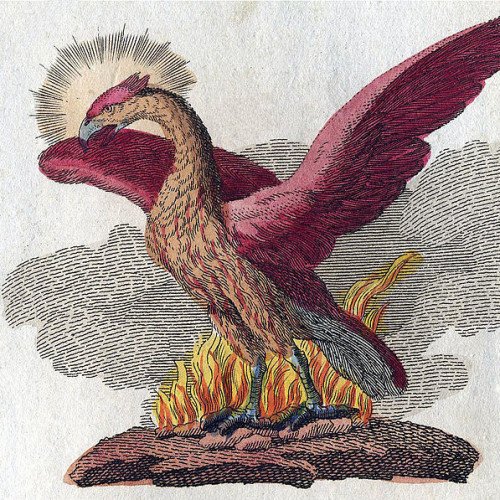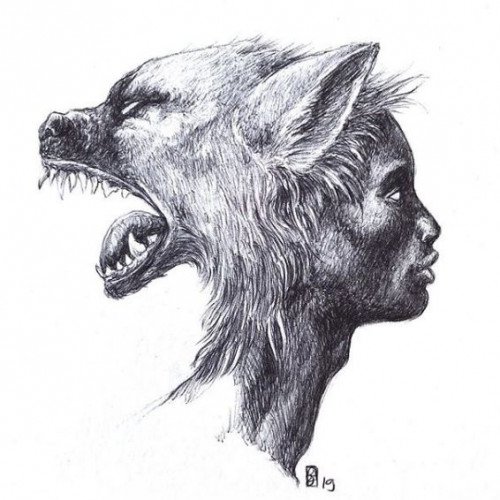Phoenix (mythology) VS Kishi (folklore)

Phoenix (mythology)
In Ancient Greek folklore, a phoenix (; Ancient Greek: φοῖνιξ, phoînix) is a long-lived bird that cyclically regenerates or is otherwise born again. Associated with the sun, a phoenix obtains new life by arising from the ashes of its predecessor. Some legends say it dies in a show of flames and combustion, others that it simply dies and decomposes before being born again.Over time the phoenix motif spread from its origins in classical folklore and gained a variety of new associations: Herodotus, Lucan, Pliny the Elder, Pope Clement I, Lactantius, Ovid, and Isidore of Seville are among those who have contributed to the retelling and transmission of the phoenix motif. Over time, extending beyond its origins in classical Greek folklore, the phoenix could variously "symbolize renewal in general as well as the sun, time, the Empire, metempsychosis, consecration, resurrection, life in the heavenly Paradise, Christ, Mary, virginity, the exceptional man, and certain aspects of Christian life". In the Motif-Index of Folk-Literature, a tool used by folklorists, the phoenix is classified as motif B32.
Statistics for this Xoptio

Kishi (folklore)
The kishi is a two-faced demon in Angola. According to legend, a kishi has an attractive human man's face on the front of its body and a hyena's face on the back. Kishi are said to use their human face as well as smooth talk and other charms to attract young women, who they then eat with the hyena face. The hyena face is said to have long sharp teeth and jaws so strong they cannot be pulled off anything it bites. The word kishi, nkishi, or mukisi means "spirit" in several Bantu languages spoken in Zaire, northern Zambia, and Angola.